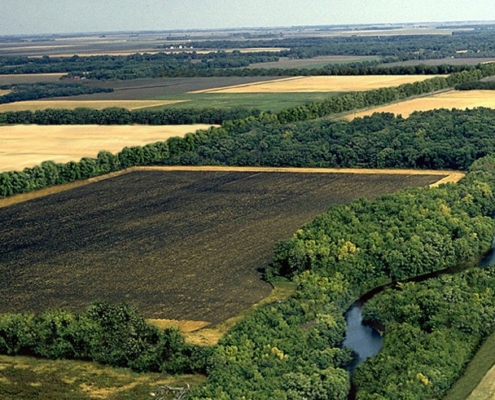
Weekly Wednesday Workshop: Beekeeping
Beekeeper Ali Pinion talks about getting started in beekeeping…
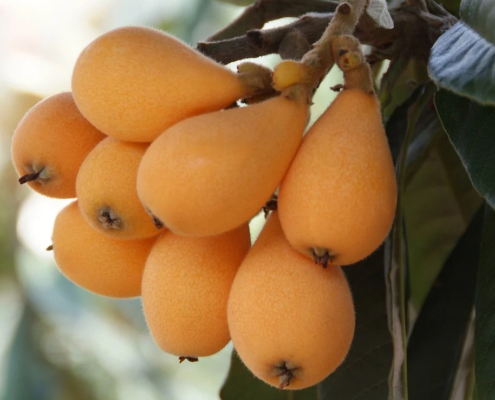
Native and Naturalized Plants of South Texas for Urban Food Forests
I'm a Californian born and raised, so writing a blog about native and naturalized South Texas plants is one thing I never thought I'd do. But this spring I got the opportunity to go to Texas for an entire month, to work on an urban agroforestry project, and during that time I fell in love with its amazing native and naturalized plants.
Katherine Favor, NCAT Sustainable Agriculture Specialist
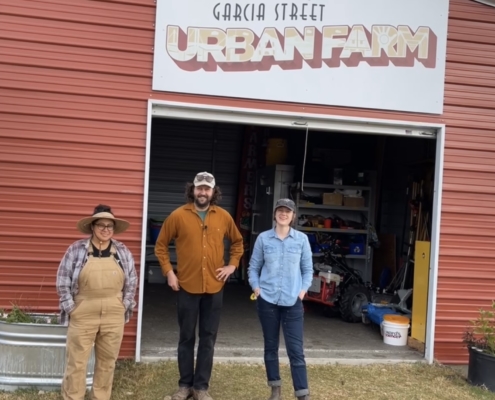
Urban Agroforestry: Bringing the Jungle Back to the Concrete Jungle
Cities are notorious for being devoid of flora and fauna. They don't call it the concrete jungle for nothing! But it doesn't have to be that way. In this blog, we're going to talk about how we can bring a little bit of jungle back to the concrete jungle with something called urban agroforestry.
Katherine Favor
Katherine Favor
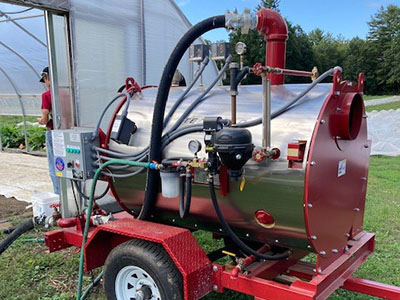
Soil Steaming for Pathogen, Pest, and Weed Control in High Tunnels
Picadilly Farm in southwestern New Hampshire along the Connecticut River includes a large CSA, on-farm store, and deliveries to local restaurants and co-op, keeping owners Bruce and Jenny Wooster very busy. So, finding ways to be more efficient is important, especially in finding appropriate technologies to implement. One technology they've implemented is soil steaming—an emerging technology for managing disease, weeds, and pests in the soil.
By Andy Pressman and Chris Lent, NCAT Sustainable Agriculture Specialists
By Andy Pressman and Chris Lent, NCAT Sustainable Agriculture Specialists
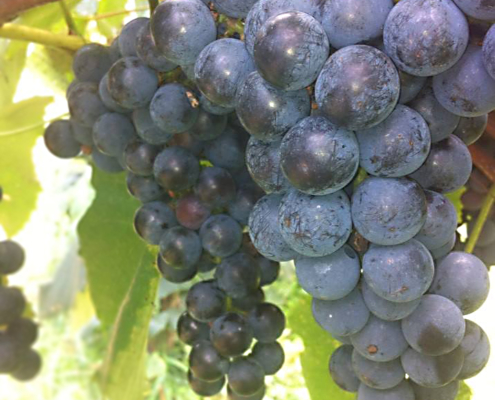
Grapes in High Tunnels Can Greatly Reduce Pesticide Use and Increase Yields
As a young, would-be organic farmer in the early 1970s, I drooled over the nursery catalog photographs of plump, succulent bunches of grapes as if they were the very essence and promise of good farming and good health. The genus containing grapes is Vitis, a word from the proto-Indo-European root, which means “living or life itself.” Wow. Grapes=life itself!
By Guy K. Ames, NCAT Horticulture Specialist
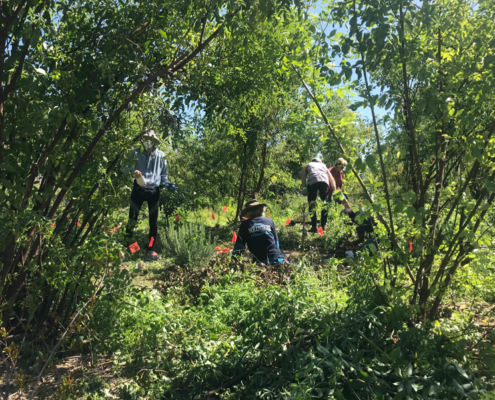
Episode 240. Urban Agroforestry for Dryland Environments
Urban agroforestry is the intentional use of perennial trees and shrubs to improve the sustainability and resilience of urban farms and communities. In this episode of Voices from the Field, NCAT Agroforestry Specialist Katherine Favor sits down with Christopher Marciello of Ecology Artisans — a regenerative landscape and design firm — to talk about urban agroforestry in dryland environments.
Katherine Favor and Christopher Marciello
Katherine Favor and Christopher Marciello
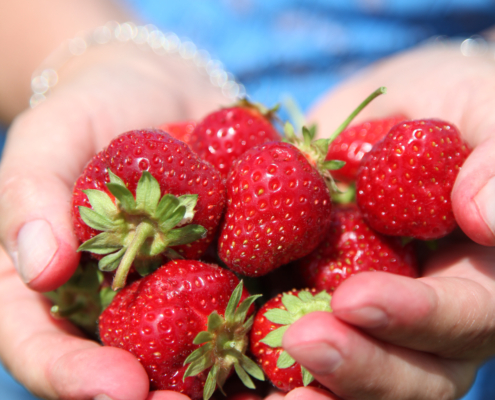
Virtual Farm Tour: Risk Management at Appel Farms
In this video, farmers Travis and Mandy Appel detail their specialty…
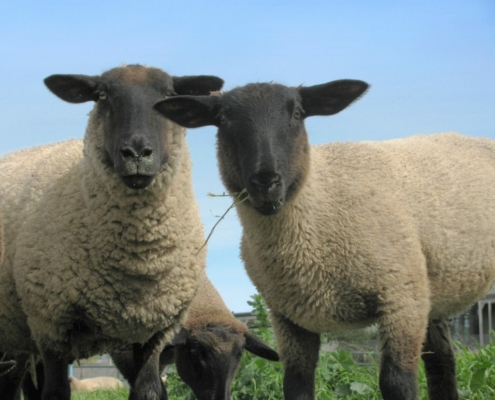
Integrating Livestock with Crops Project: Food-Safety Considerations
A three-year research project at Montana State University,"Impacts…
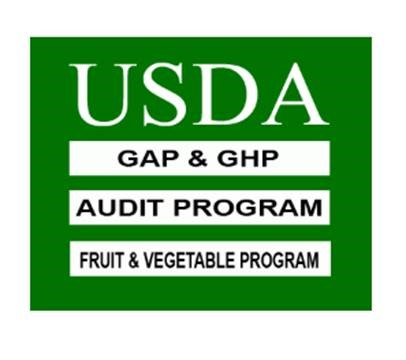
The Internal GAP Audit: Scope Two, Field Harvest and Field Packing Activities
This video describes and demonstrates the second scope of a GAP…
Freshly Picked
NCAT Websites
Get Help
Ask an Ag Expert
Call us: 1-800-346-9140
Visit the Forum
Don’t Miss!
National Center for Appropriate Technology
Helping people build resilient communities through local and sustainable solutions that reduce poverty, strengthen self-reliance, and protect natural resources.

